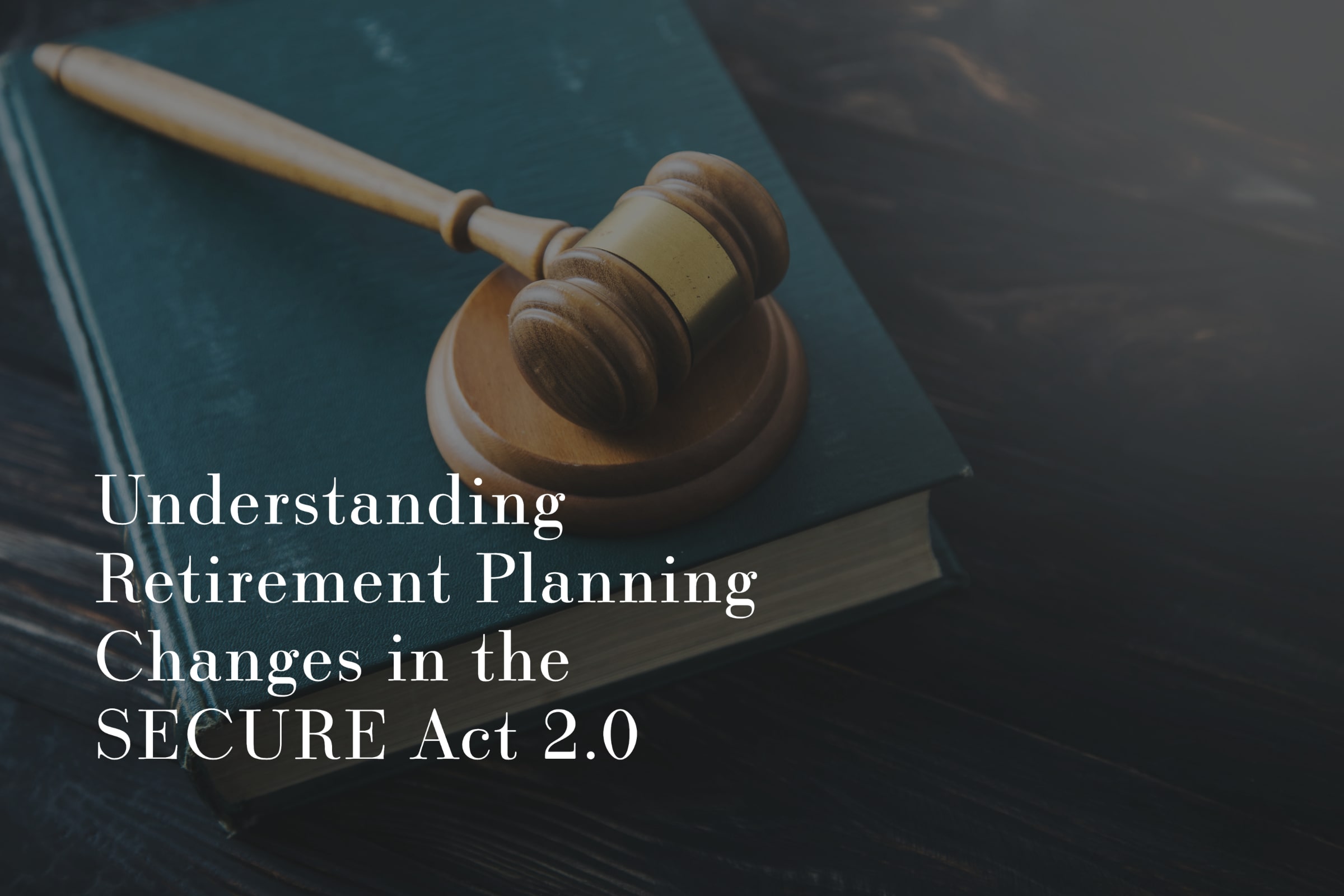Should You Consider a Roth Conversion as You Approach Retirement?

This Tax-Savvy Move May Help Ease Your Tax Burden in Retirement
As you approach retirement, it may become more important than ever that you’re making smart financial decisions. As you think about your retirement income streams, it’s necessary to consider your potential income tax bills, too. For some, a Roth IRA conversion – often called a “Roth conversion” for short – can be a strategic, tax-savvy move to make, especially if you expect to be in a higher tax bracket in the future.
If you’ve been considering a Roth conversion or think it may be the right move for you, below is a brief overview of what you should know as you make your decision.
What is a Roth Conversion?
Let’s start with the basics. A Roth conversion is simple in concept. It’s the process that allows you to turn a traditional IRA or 401(k) into a Roth account. You’ll have to pay income tax on the money you convert, but then you’ll have an account that will provide tax-free income in retirement. Roth accounts also have the benefit of not being subject to required minimum distributions (RMDs) over the owner’s lifetime, meaning you’ll only have to withdraw money if you need it.
The Benefits of a Roth Conversion
We believe one of the biggest mistakes retirees make is underestimating how much they’ll have to pay in taxes on their IRA withdrawals once they retire. For those with traditional IRAs, all those pre-taxed dollars will have to be taxed as they’re withdrawn from the account. Roth IRAs are funded with after-tax dollars, which is why withdrawals are tax-free – and why a Roth conversion can be so advantageous.
As mentioned already, you will have to pay income tax on funds you convert into a Roth, but this may still represent a cost saving for you over time because current income tax rates are low compared to other times in American history, and they could very well rise in the future. By converting your funds and paying taxes on them now, you should be able to spread out your tax burden, too. This should make it more manageable to pay, regardless of potential tax rate changes, plus a Roth conversion means you can have the peace of mind that comes with tax-free withdrawals in retirement.
Consider, too, that the more money you convert from your traditional IRA or 401(k) to a Roth, the lower your IRA or 401(k) balance will be, meaning you’ll have a lower RMD in retirement. This results in lower income reported, which should also end up lowering your retirement tax burden.

You May Benefit from a Roth Conversion If…
Despite all the benefits that come with a Roth conversion, it won’t be the right move for everyone. Here’s what may make it a worthwhile consideration for you:
- You’re in your sixties and you’re approaching retirement.
- You’re between the ages of 60-72, already retired, and receiving a limited income through Social Security.
- You have the funds to cover the tax bill that accompanies a Roth conversion without straining yourself financially.
- You’re planning to leave an inheritance and don’t want your heirs to be burdened by a large tax bill.
Each person’s retirement and tax planning needs are unique, so talk with your financial advisor, attorney, or CPA to further determine whether you’re a good fit for a Roth conversion.
Inherited IRAs and Roth Conversions
Let’s dig into the idea of a Roth inheritance a bit further. With the signing of the original SECURE Act, beneficiaries of IRAs are now required to withdraw all the funds from those accounts by December 31st of the same year as the 10th anniversary of the original account holder’s death – and to pay all the taxes on the withdrawals during that timeframe, too. Previously, beneficiaries were able to stretch distributions out over their lifetimes, so this change accelerated the timetable – and had the effect of potentially making inherited IRAs more tax-inefficient.
A Roth conversion may save beneficiaries from this headache by minimizing the tax burden they’ll incur. An added benefit is that tax-free withdrawals from an inherited Roth IRA extend even to the children of the beneficiary.

Are You Considering a Roth Conversion?
There’s no one-size-fits-all approach to wealth management, so you’ll want to do your due diligence before determining whether a Roth conversion is right for you. However, if you think it may be, talk with a financial professional to develop a retirement planning strategy that aligns with your needs and goals.
At Paces Ferry, our team is dedicated to working alongside you to help you make smart decisions about retirement and every other phase of life, too. If you’d like to have a conversation with one of our advisors about how a Roth conversion may benefit your overall retirement plans and tax strategy, please give us a call today. We look forward to hearing from you!
Paces Ferry Wealth Advisors, LLC is a registered investment advisor with the U.S. Securities and Exchange Commission (“SEC”). This material is intended for informational purposes only. It should not be construed as legal or tax advice and is not intended to replace the advice of a qualified attorney or tax advisor.